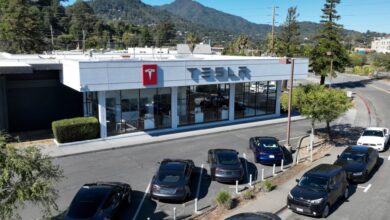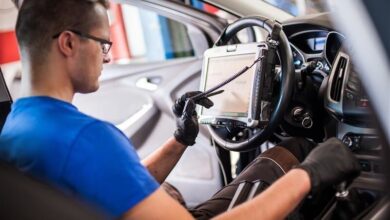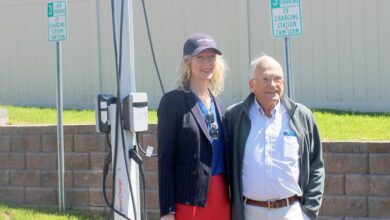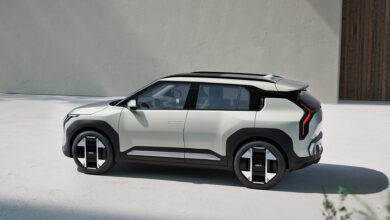Volkswagen-backed Chinese EV battery maker Gotion takes on rival CATL with superfast-charging LFP product
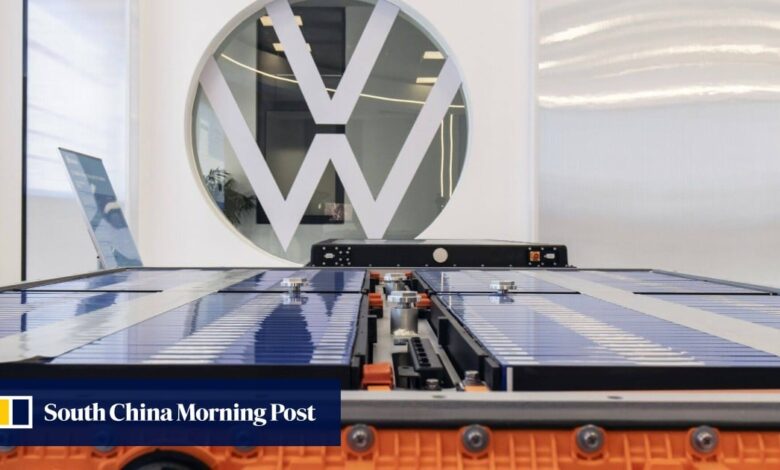
The fourth-largest EV-battery maker in mainland China and eighth-largest worldwide said the G-Current lithium-ion-phosphate (LFP) battery offers a driving range of nearly 500km in less than 10 minutes of charging.
The LFP battery can power both pure electric and plug-in hybrids and is targeted at sedans and SUVs priced between 300,000 yuan (US$41,530) and 400,000 yuan, Cao Yong, vice-president of Gotion’s engineering research and development institute, said on Friday.
“It was developed to cater to market demand,” Cao said. “The battery will largely address the [driving range] pain points for consumers.”
Gotion’s 75 kilowatt-hour (KWh) G-Current battery gives a range of 480km in 9.8 minutes of charging, while it takes 25 minutes to fully charge the battery, which gives a car 600km range.
Cao said the company envisions large-scale delivery of the battery to EV assemblers from early 2025 when its new production facilities are complete.
Gotion, based in Hefei, capital of east China’s Anhui province, supplied 3.4 gigawatt-hours (GWh) of batteries to EV makers in the first quarter of 2024, an increase of 22.1 per cent year on year. It had a 2.1 per cent share of the global market in the three months to March, unchanged from a year earlier.
Technically, 1GWh of batteries can power about 13,000 electric cars, each with a driving range of 500km.
On May 10, Chinese Premier Li Qiang, during his tour of Anhui, told Gotion’s founder and chairman Li Zhen that he would encourage the company to consolidate its ties with Volkswagen to accelerate its technological capabilities and product upgrades.
In August 2023, CATL unveiled its Shenxing supercharging battery which gives an EV a 400km range with 10 minutes of charging. The battery can be fully charged in just 15 minutes.
“Competition among Chinese battery producers like CATL and Gotion, with new products, should convince drivers that range anxiety will no longer be a concern if they opt for electric cars,” said Davis Zhang, a senior executive at Suzhou Hazardtex, a supplier of specialised vehicle batteries.
“The companies need to enhance production efficiency to make the batteries more affordable.”
Gotion, which has 14 plants in China and six overseas, also unveiled Gemstone, a solid-state battery, on Friday. However, the company did not say when it planned to start mass production of the new product.
The battery has an energy density of 350 watt-hours per kilogram, 50 per cent higher than an average LFP counterpart.
The technology promises longer driving range, but requires higher development and production costs.
